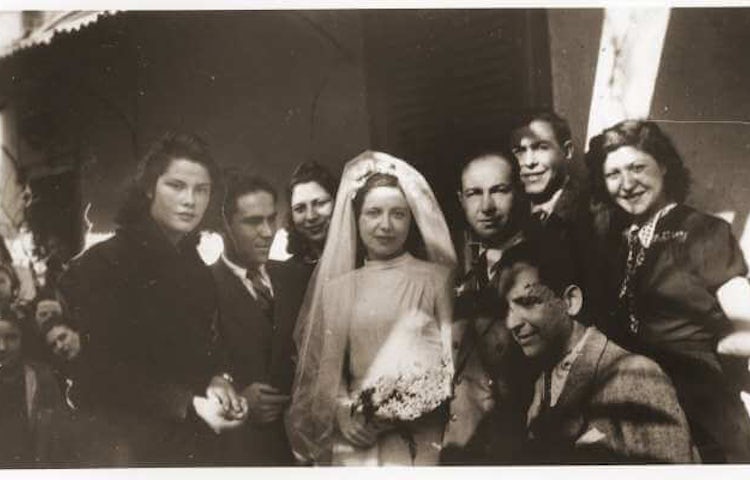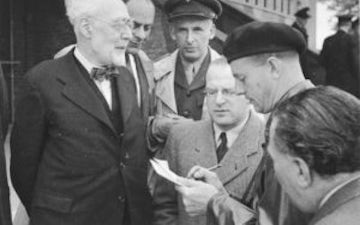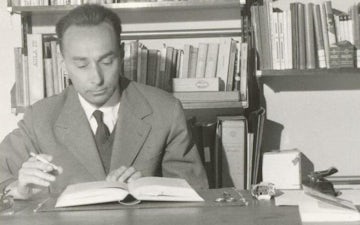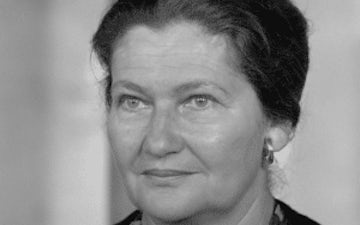
Throughout the Holocaust, Jewish tradition was a vessel of hope in the face of the grim reality of extermination. Even in concentration camps, Jews risked their lives to maintain their religious and cultural heritage.
This took many forms, including gathering for prayer groups, observing holidays, mostly clandestinely, and engaging in Jewish learning with whatever means they found available. There are texts left by rabbis that indicate the importance to those in the Holocaust of finding religious and spiritual explanations for their situation. There are also texts written in response to specific questions of Jewish practice raised by the experience of confinement, privation and death.
Survivors recount preserving their little bread and rations over weeks to have a holiday meal, improvising candles to use during Hanukkah, or saving some sugar or salt to add a celebratory dimension to Sabbath observance. Yad Vashem in Jerusalem has many religious artifacts, constructed out of whatever was available, attesting to the importance of belief during the Holocaust.




